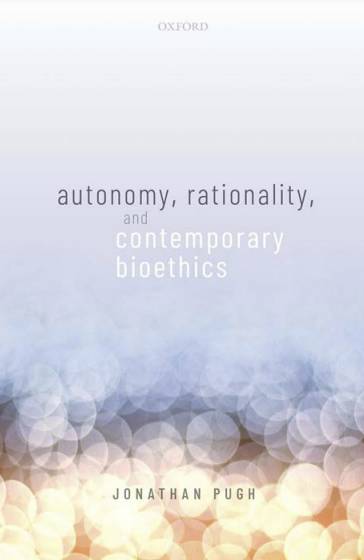Autonomy, Rationality, and Contemporary Bioethics
Editorial: Oxford University Press
Licencia: Creative Commons (by-nc-nd)
Autor(es): Pugh, Jonathan
Personal autonomy is often lauded as a key value in contemporary Western bioethics, and the claim that there is an important relationship between autonomy and rationality is often treated as an uncontroversial claim in this sphere. Yet, there is also considerable disagreement about how we should cash out the relationship between rationality and autonomy. In particular, it is unclear whether a rationalist view of autonomy can be compatible with legal judgments that enshrine a patient's right to refuse medical treatment, regardless of whether ". . . the reasons for making the choice are rational, irrational, unknown or even non-existent". In this book, I bring recent philosophical work on the nature of rationality to bear on the question of how we should understand autonomy in contemporary bioethics. In doing so, I develop a new framework for thinking about the concept, one that is grounded in an understanding of the different roles that rational beliefs and rational desires have to play in personal autonomy. Furthermore, the account outlined here allows for a deeper understanding of different form of controlling influence, and the relationship between our freedom to act, and our capacity to decide autonomously.
[Oxford: 2020]
Compartir:
Una vez que el usuario haya visto al menos un documento, este fragmento será visible.


